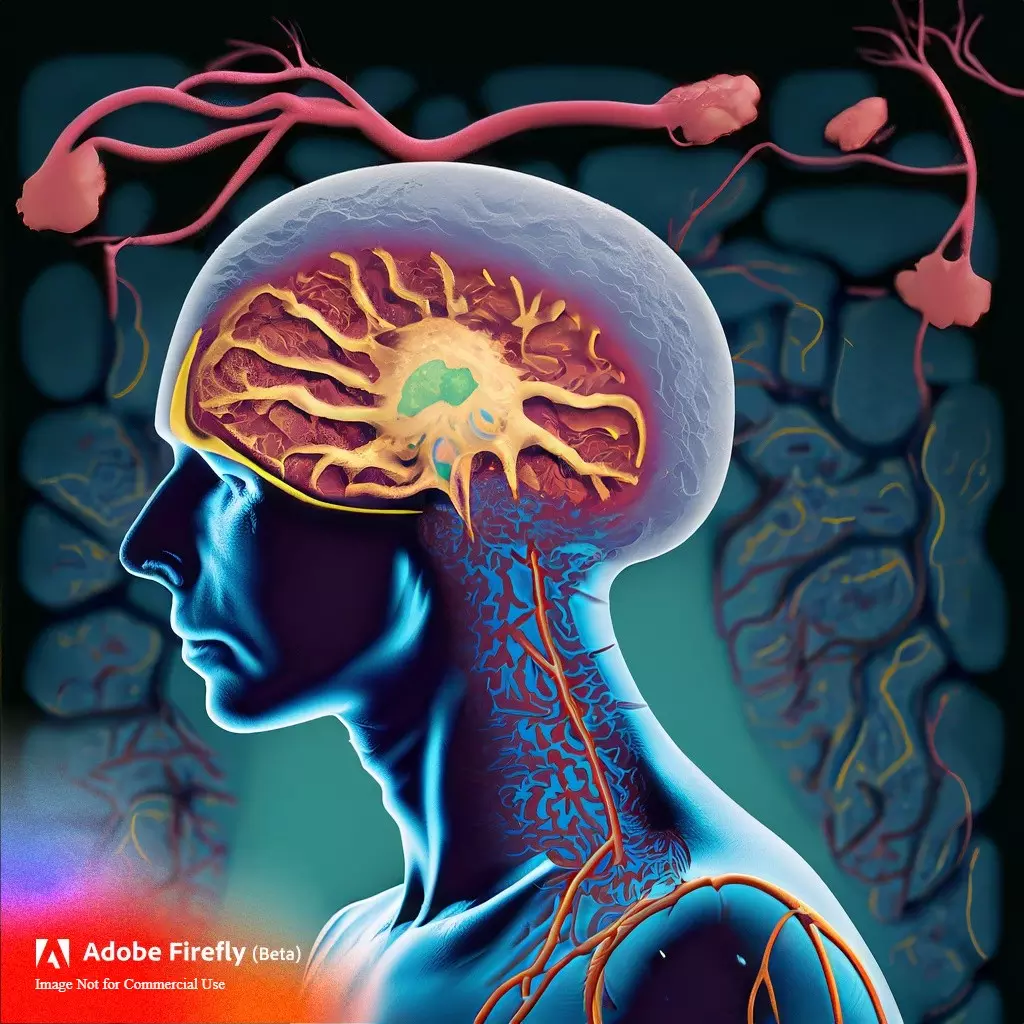Parkinson’s disease is a debilitating and progressive neurological disorder that affects millions of individuals worldwide. This disorder primarily targets the nervous system, leading to a range of symptoms that gradually worsen over time. While the exact cause remains elusive, researchers have made significant strides in understanding the disease, its symptoms, and potential treatments. In this article, we will delve into the intricacies of Parkinson’s disease, exploring its onset, symptoms, and available management strategies.
The Onset of Parkinson’s Disease
Parkinson’s disease typically begins with subtle and insidious symptoms that often go unnoticed in the early stages. It primarily affects the substantia nigra, a region of the brain responsible for producing dopamine, a crucial neurotransmitter involved in motor control. As the disease progresses, the cells in the substantia nigra deteriorate, leading to a significant decline in dopamine production.
The hallmark symptoms of Parkinson’s disease include:
1. Tremors: Tremors, often referred to as “resting tremors,” are one of the most recognizable symptoms. They usually manifest as a rhythmic shaking of the hands, fingers, or other extremities while at rest.
2. Bradykinesia: Bradykinesia refers to slowness of movement. People with Parkinson’s disease may experience difficulty initiating and completing voluntary movements, such as walking or reaching for objects.
3. Muscle Rigidity: Muscle stiffness and rigidity are common in individuals with Parkinson’s. This can lead to muscle pain and reduced range of motion.
4. Postural Instability: Maintaining balance and posture becomes increasingly challenging as the disease progresses, making individuals more susceptible to falls.
5. Speech and Swallowing Difficulties: Parkinson’s disease can affect the muscles used for speech and swallowing, leading to slurred speech and difficulty swallowing.
6. Cognitive Changes: While Parkinson’s primarily affects motor function, it can also lead to cognitive changes, including memory problems and executive dysfunction.
7. Non-motor Symptoms: In addition to motor symptoms, Parkinson’s disease can cause a range of non-motor symptoms, such as depression, anxiety, sleep disturbances, and constipation.
It’s important to note that the rate at which these symptoms progress can vary significantly among individuals. Some may experience a slower progression, while others may deteriorate more rapidly.
Diagnosis and Management
Diagnosing Parkinson’s disease can be challenging, as there is no definitive test. Doctors typically rely on a thorough medical history, physical examination, and assessment of symptoms. Brain imaging, such as MRI or CT scans, may be used to rule out other conditions with similar symptoms.
While there is no cure for Parkinson’s disease, various treatment options are available to manage its symptoms and improve patients’ quality of life:
1. Medications: Dopamine replacement therapies, such as levodopa, are commonly prescribed to alleviate motor symptoms. Other medications may be used to address non-motor symptoms and improve overall well-being.
2. Physical Therapy: Physical therapy and exercise programs can help individuals with Parkinson’s disease improve mobility, balance, and muscle strength.
3. Speech and Occupational Therapy: These therapies can assist with speech and swallowing difficulties and help individuals adapt to daily activities.
4. Deep Brain Stimulation (DBS): In severe cases, DBS may be considered. It involves implanting electrodes in the brain to regulate abnormal brain activity.
5. Lifestyle Modifications: Adopting a healthy lifestyle, including a balanced diet, regular exercise, and stress management, can be beneficial for managing Parkinson’s disease.
Parkinson’s disease is a progressive disorder that affects the nervous system, leading to a range of motor and non-motor symptoms. While there is currently no cure, early diagnosis and a multidisciplinary approach to treatment can significantly improve the quality of life for individuals living with this condition. Ongoing research continues to shed light on the underlying causes of Parkinson’s disease, raising hope for future breakthroughs in treatment and prevention.
Also Read: ‘Free Fire’ Returns To India, Garena Sets Sights On Mobile E-sports Dominance
https://thelogicalindian.com/h-upload/2023/09/06/500x300_233242-firefly-images-of-neurological-disease-17374-1.webp
Trending
2023-09-06 09:51:10.0
Understanding Parkinson’s Disease: A Progressive Nervous System Disorder











